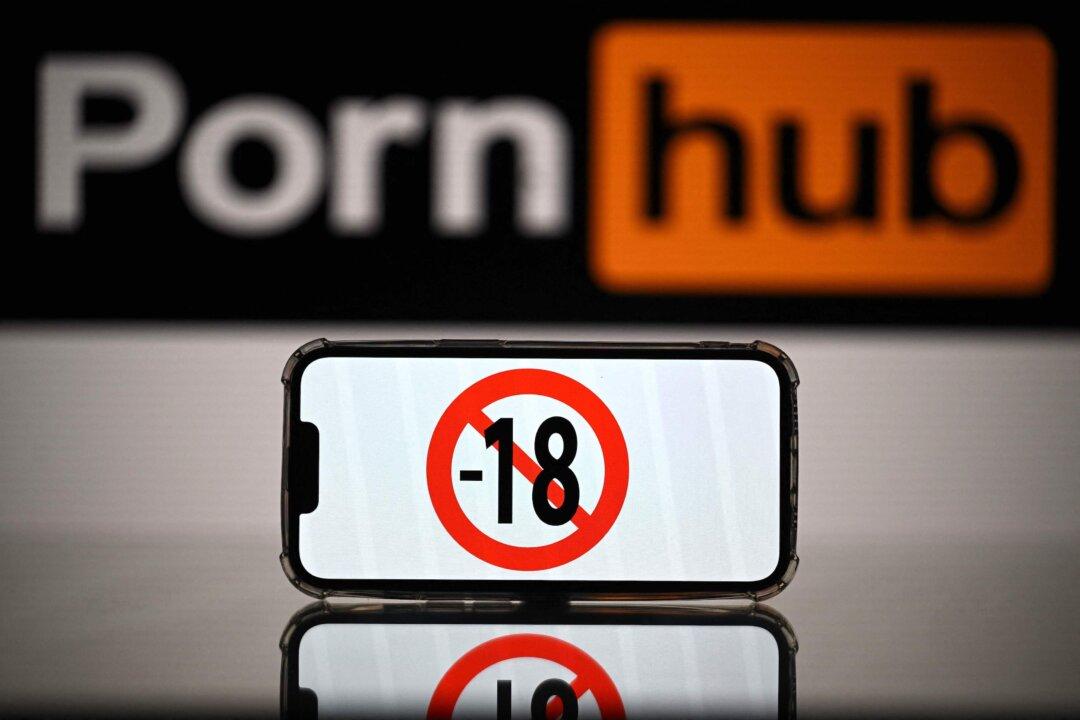The U.S. Supreme Court will allow Texas to continue enforcing a law requiring online age verification to access pornographic websites.
The one-sentence order was handed down by the high court without comment or public dissent on April 30. Challengers of the law argue that it compromises free speech and opens users to privacy violations.





